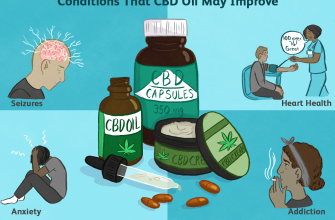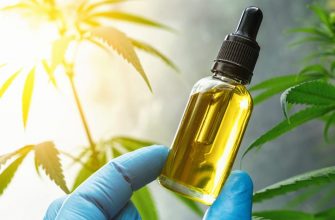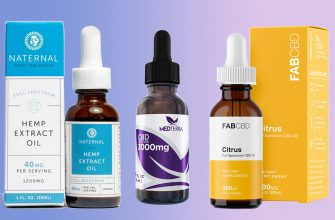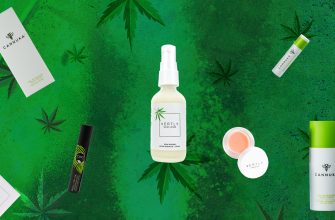- The World Organization’s proposal for CBD and hemp would look like this:
- With regard to the classification of hemp and hemp products, we will talk about changes especially for:
- Hemp and hemp resin
- Dronabinol (delta-9-THC) and tetrahydrocannabinol (delta-9-THC isomers)
- Cannabis extracts and tinctures
- Preparations with cannabidiol
- Pharmaceutical preparations of hemp and dronabinol
The World Organization’s proposal for CBD and hemp would look like this:
- Hemp should not be so strictly classified under the International Narcotics Convention, it will be removed from Schedule IV of the Narcotics Convention – the list of the most dangerous substances
- THC would have to be removed from the 1971 Cannabis Convention, making it easier to classify
- CBD preparations that do not contain more than 0.2% THC will not be included in the international drug control conventions
- Pharmaceutical preparations containing THC will be included in Schedule III of the 1961 Convention, subject to certain criteria – low potential for product abuse.
With regard to the classification of hemp and hemp products, we will talk about changes especially for:
Hemp and hemp resin
The proposal recommends “the removal of hemp and its resin (hashish) from Schedule IV of the 1961 International Convention on Narcotic Drugs”.
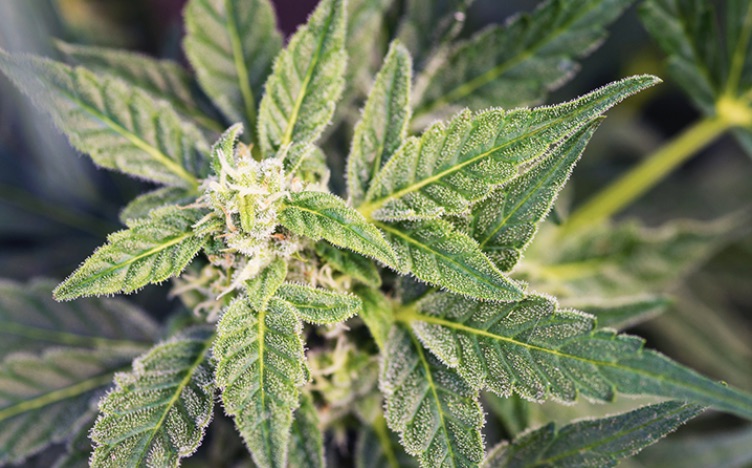
Schedule IV of the 1961 Convention is the most restrictive category and includes hazardous substances with very little or no medicinal value.
If the CND (Commission on Narcotic Drugs) follows this recommendation, hemp and its resin will remain on Schedule I.
The ECDD (Committee of Experts on Drug Dependence) rationale for the amendment states:
“The evidence before the Commission does not suggest that the hemp plant and its resin would be particularly capable of causing the same negative effects as other substances included in Schedule IV of the 1961 Single Convention on Narcotic Drugs. In addition, hemp products have shown therapeutic potential for the treatment of pain and other conditions such as epilepsy and spasms associated with multiple sclerosis. Given the above facts, we believe that hemp and cannabis resin should be controlled in such a way as to avoid any harm caused by its use, and, at the same time, not hinder research and development of hemp products for medical use. “
Dronabinol (delta-9-THC) and tetrahydrocannabinol (delta-9-THC isomers)
Council recommends “to remove dronabinol and tetrahydrocannabinol (THC and its isomers) from the Schedule of the 1971 Convention on Psychotropic Substances and include them in Schedule I of the 1961 Single Convention on Narcotic Drugs.”
This recommendation would simplify the classification as it would classify all forms of THC in the same List as hemp and its resin.
The reclassification report uses the example of cocaine, which is in the same category as coca leaves, and morphine is in the same category as opium.
For delta-9-tetrahydrocannabinol isomers, it is also recommended to simplify and improve system consistency.
“Because of the chemical similarity of each of the six delta-9-THCs, it is very difficult to distinguish any of these six isomers from their own delta-9-THC using standard chemical analysis techniques”, the report says.
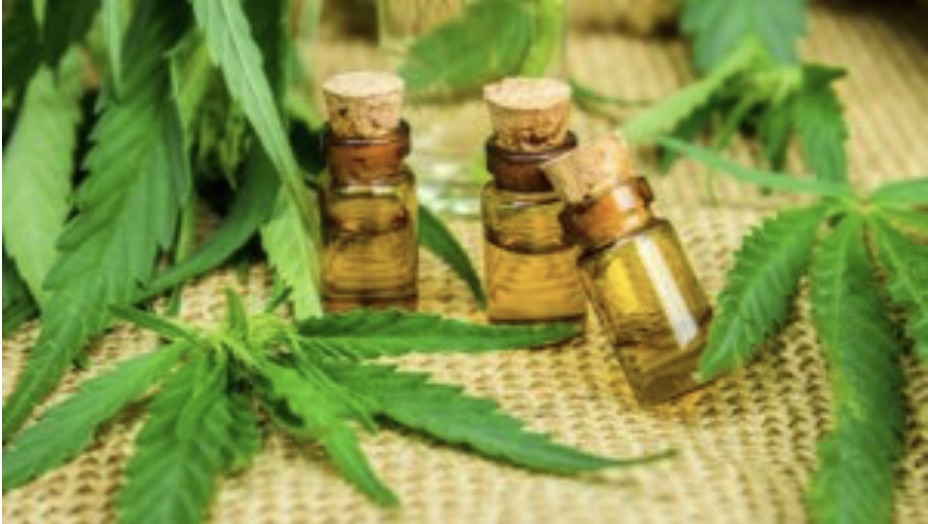
Cannabis extracts and tinctures
The report recommends that cannabis extracts and tinctures be “excluded from Schedule I of the Single Convention on Narcotic Drugs, 1961”.
The Commission recommended that this group of drugs be excluded from the 1961 Convention because the extracts and tinctures include “various preparations with varying concentrations of delta-9-THC” and some are non-psychoactive and have “promising medicinal uses”.
Preparations with cannabidiol
The ECDD has already made a critical summary of the findings on pure CBD and has recommended that the substance not be included in the Schedules of the international drug conventions.
CBD hemp oil crystalline – hemp seed oil, …
Price
Original price before discount€30.00
Price: €24.99
2186.63 ₽
854.91 ₴
CBD hemp oil crystalline - hemp seed oil, ...
Price
Original price before discount€42.90
Price: €26.99
2361.63 ₽
923.33 ₴
CBD oil crystalline - hemp seed oil enriched ...
Price
Original price before discount€72.90
Price: €44.99
3936.63 ₽
1539.11 ₴
However, there are doubts about how to handle CBD preparations containing some THC. The report explains its position as follows:
“The Commission recommends adding a footnote to the following language in Schedule I of the Single Convention on Narcotic Drugs: “Preparations containing predominantly cannabidiol and less than 0.2% tetrahydrocannabinol are not under international control.”
The Commission also stated:
“Cannabidiol is found in hemp and hemp oil, but has no psychoactive properties or potential for abuse or addiction. It has no serious negative side effects. Cannabidiol has been shown to be effective in treating certain conditions in resistant childhood epileptic diseases.. In 2018, US approval for this use was approved and the decision is now being made to approve it in the EU.”
Pharmaceutical preparations of hemp and dronabinol
According to the commission, there are currently two main types of drugs containing delta-9-THC:
- preparations containing delta-9-THC and CBD, such as Sativex
- preparations containing only delta-9-THC as the active substance, such as Marinol or Syndros
Because “there is no evidence that the use of these drugs containing delta-9-THC is associated with abuse or dependence and is not subject to misuse” and “in order for us not to prevent access to these drugs”, the Commission recommends do not include these preparations in Restrictive Schedule I of the 1961 Convention or Schedule II of the 1971 Convention.


